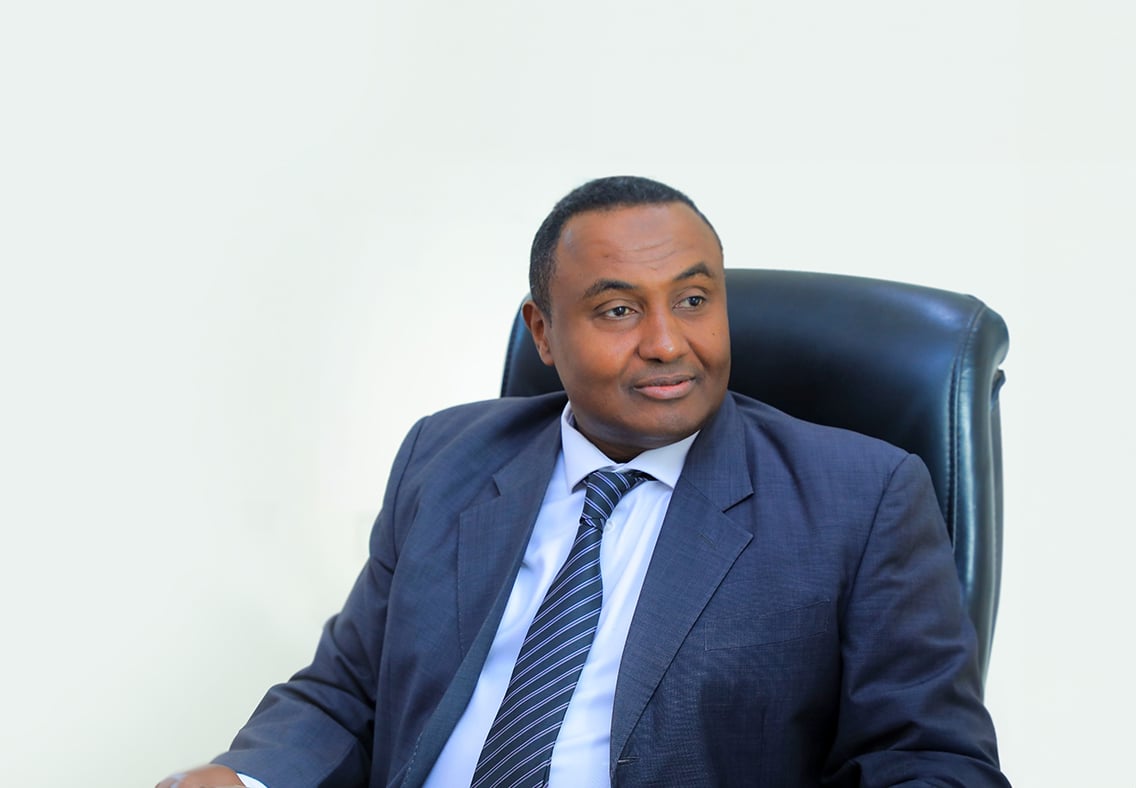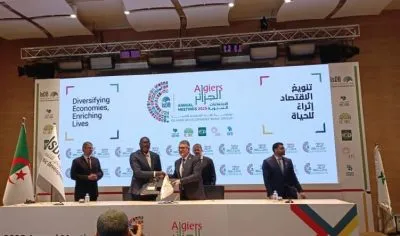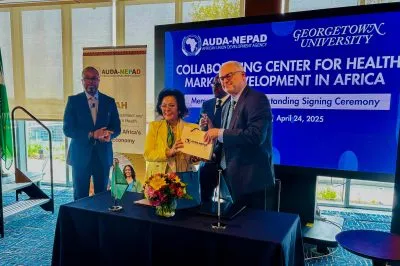This article was produced with the support of African Gazettes Forum
The Official Journal of the Djibouti Government, the Djibouti Gazette, which had closed down, is now back and alive and well. This is largely thanks to Almis Mohamed Abdillahi, the secretary-general of the government since 2021.
The Gazette is an official government publication that records and publishes new laws and decrees, appointments and administrative notices and other official acts of the state.
In the four years since his appointment, Almis Abdillahi has relaunched the platform, restored old issues of the Journal and trained a dozen young people to digitise 125 years of legal history.
He is also the main force behind the first African Gazettes Forum, which brought together 18 countries around a single idea – how to make law a public and sovereign good.
Here he is in conversation with African Business magazine.
African Business: What is your overall assessment of this first African Gazettes Forum?
Almis Mohamed Abdillahi: It’s a first on our continent. We brought together eighteen countries, which were able to discuss these issues with each other for the first time. Ministers, vice-ministers, the directors of national printing works, archives, official gazettes – all these guardians of the temple who never travel and often work in the shadows. Some of them said to me that “you have made a dream come true.”
This shows that there was a real need for exchange between those who, on a daily basis, guarantee the legal continuity of our states.
How did this initiative come about?
When I took up my post four years ago, I found the platform at a standstill and archives in peril.
For some years, the Journal officiel existed only as single paper copy.
My first instinct was to seek help abroad, particularly in Morocco, and that’s when I realised that there was no framework for cooperation between African countries on this issue.
In the absence of a framework for cooperation between African countries, we understood that we first had to set an example by launching the project ourselves with our own resources.
How did the digitisation project go?
First we physically restored the Official Journals, sometimes sheet by sheet, using Japanese paper to reinforce the most damaged copies.
Then we chose the most demanding route: digitisation with character recognition, paragraph by paragraph, rather than a simple conversion to PDF.
Seven young people, then ten, trained on site and worked for months.
They spent ten months to cover the period from independence in 1977 to the present day, A year later we were able to digitise the Journal back to 1900. Every week, they presented a progress report of the project at follow-up meetings – a painstaking task carried out under my direct supervision. In total, 125 years of legal history have been put online.
And all this with a modest budget?
Yes, only $250,000, over two years and seven months. We made do with local resources, without outside experts. The platform was first planned as a paid service, but we agreed to make it completely free. And it worked. Today, we are talking about several thousand connections every day, 60% of which are from Djibouti.
You often talk about ‘legal governance’. What do you mean by that?
Legal governance is the foundation of everything. If a country doesn’t know its own laws, how can it draft new ones?
The Journal Officiel is the memory of the nation. It’s where you find the country’s political life, appointments and developments. Digitising these archives is like engraving our laws in stone. It’s a deep act of sovereignty.
And now, what’s next for this forum?
We want to build an African digital law community. The idea of an inter-state charter is still relevant, but we need more policymakers at the table.
Djibouti is ready to host the second edition of the forum next year.
Africa must take control of its data, above all its legal data, otherwise others will write our history.

 Sign in with Google
Sign in with Google 



